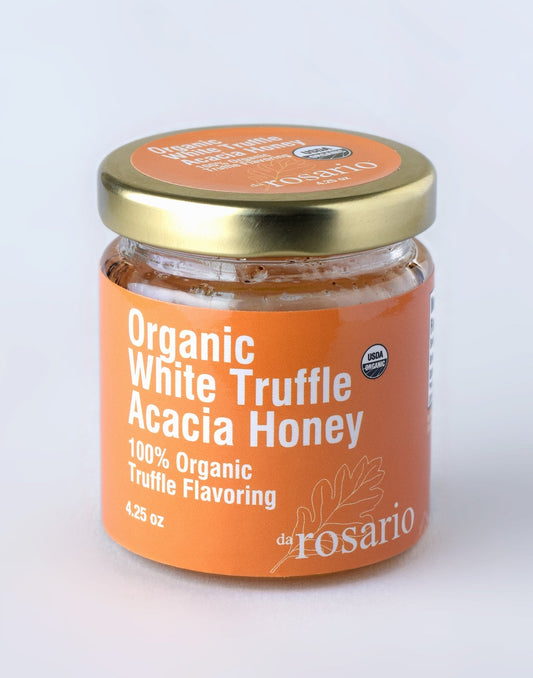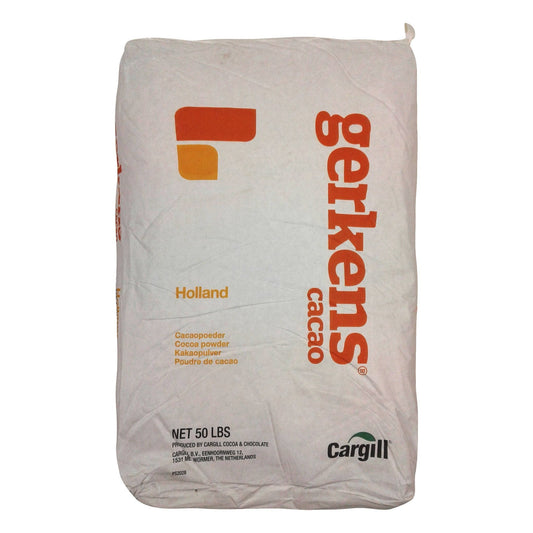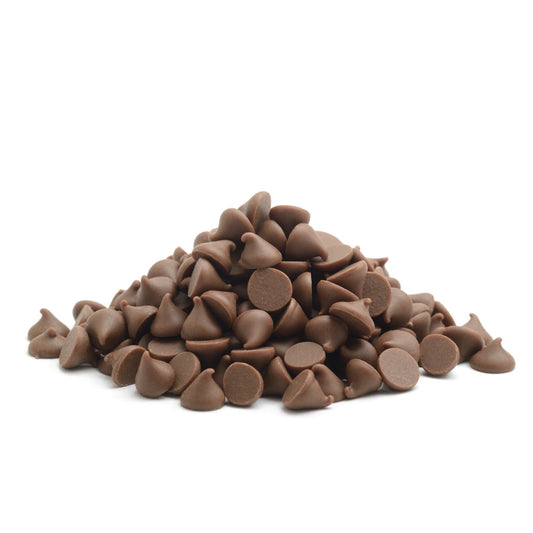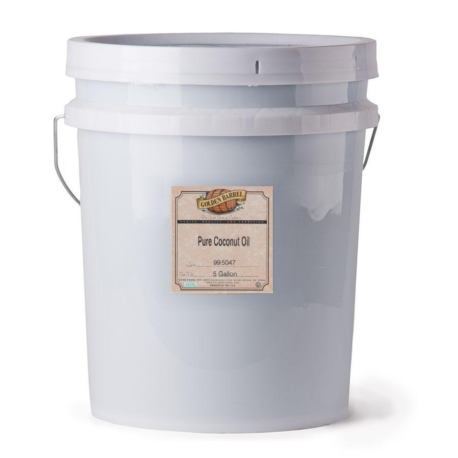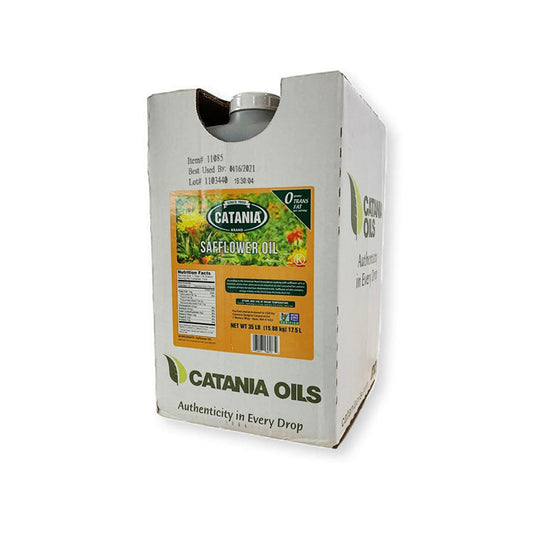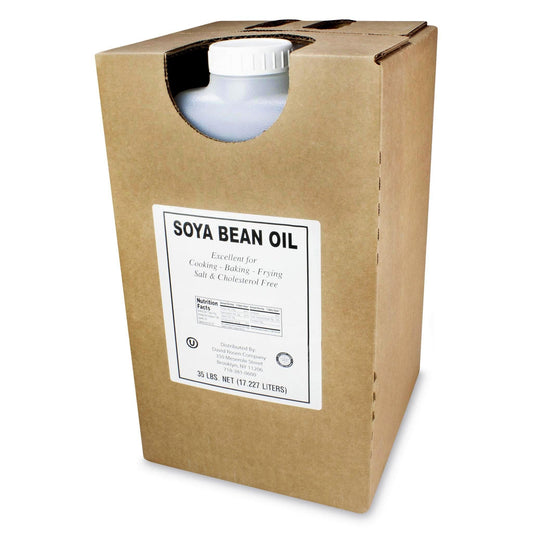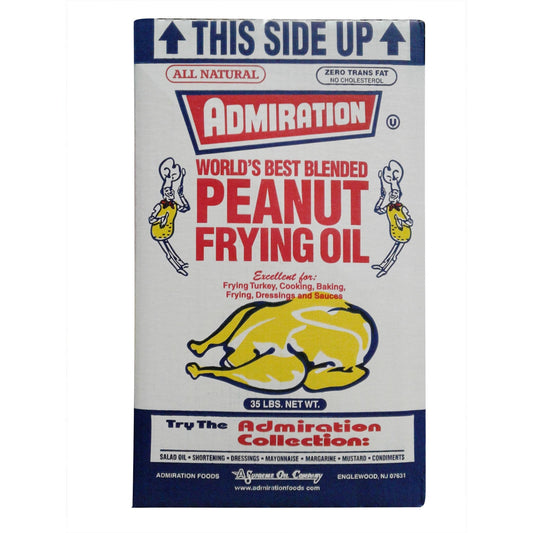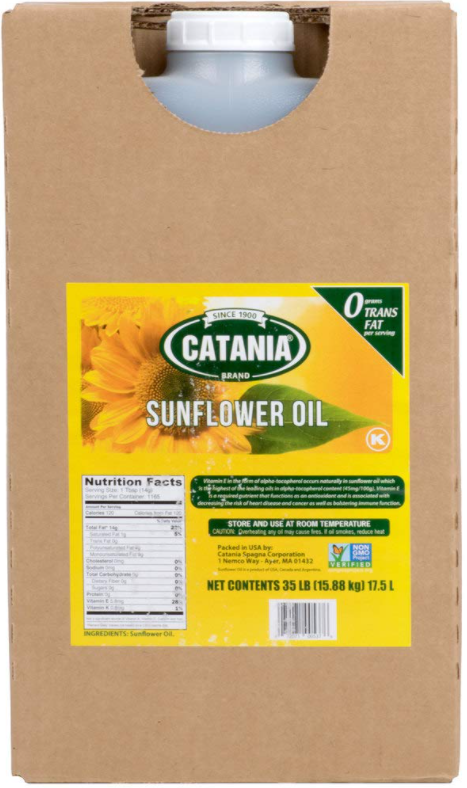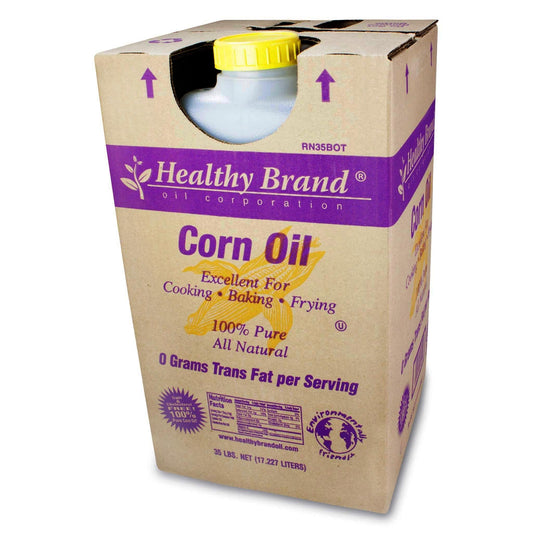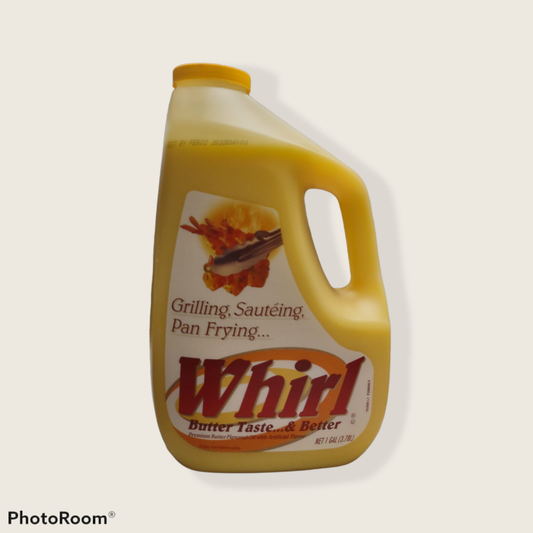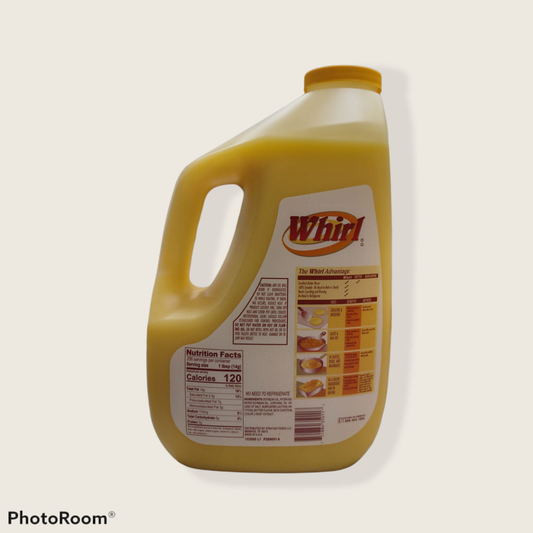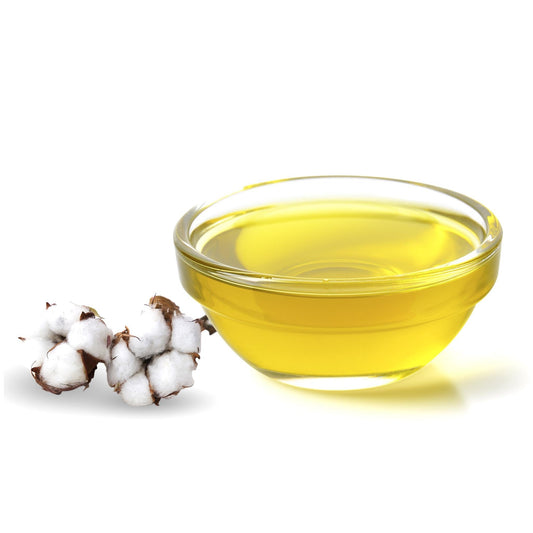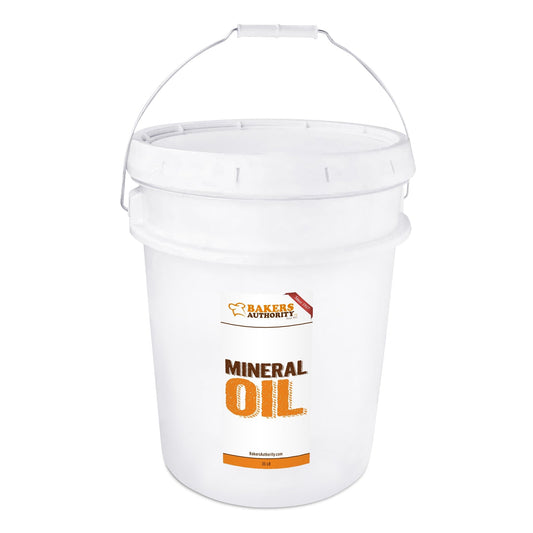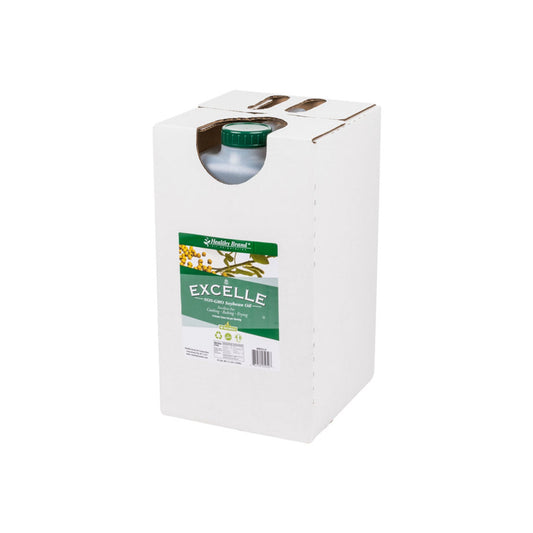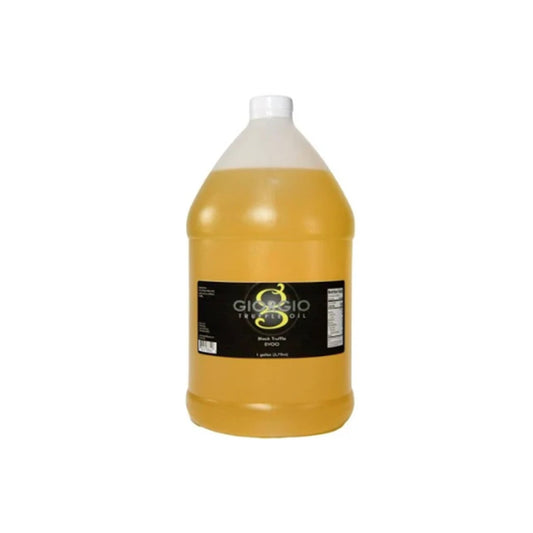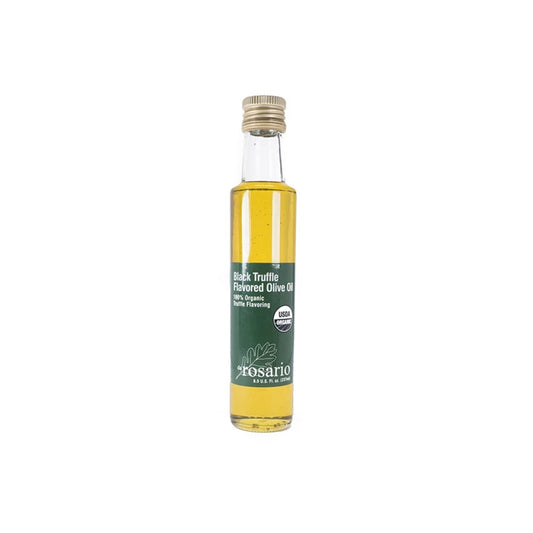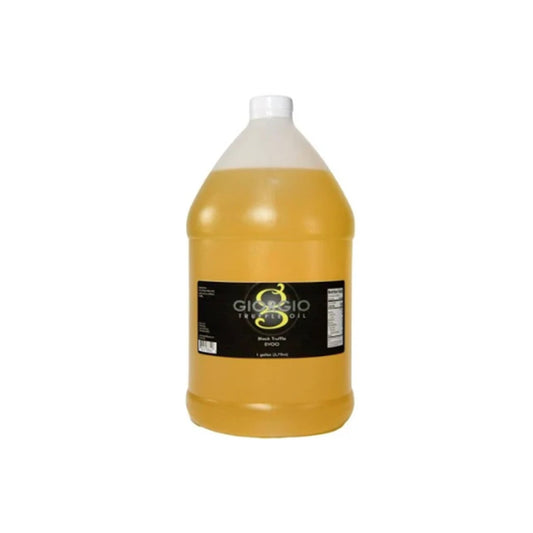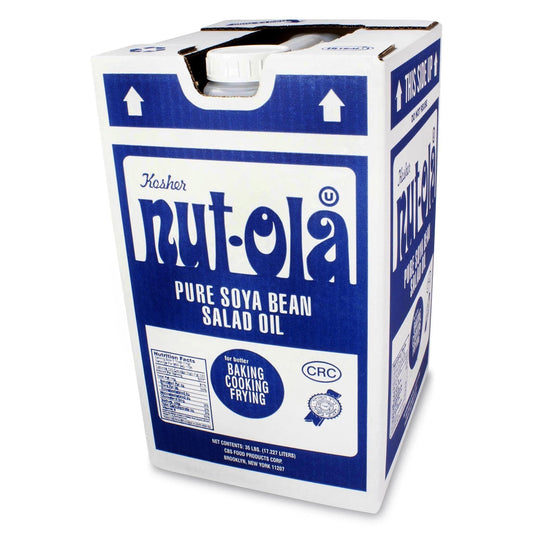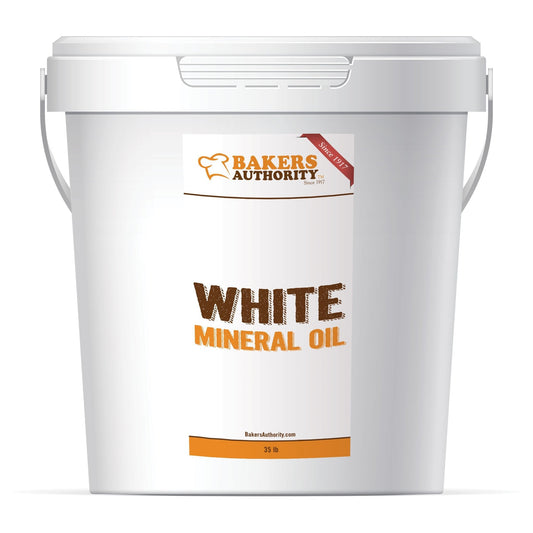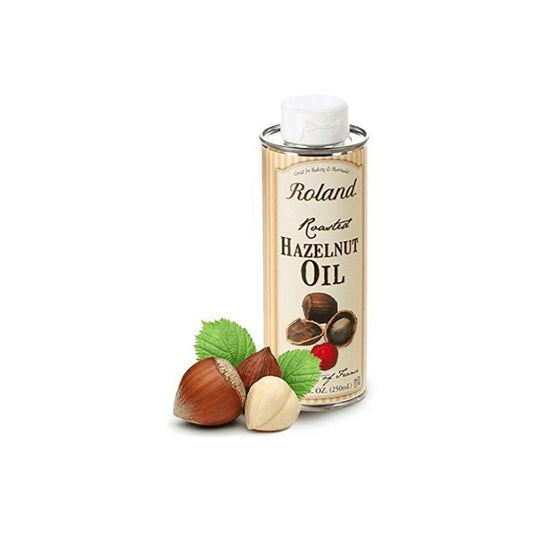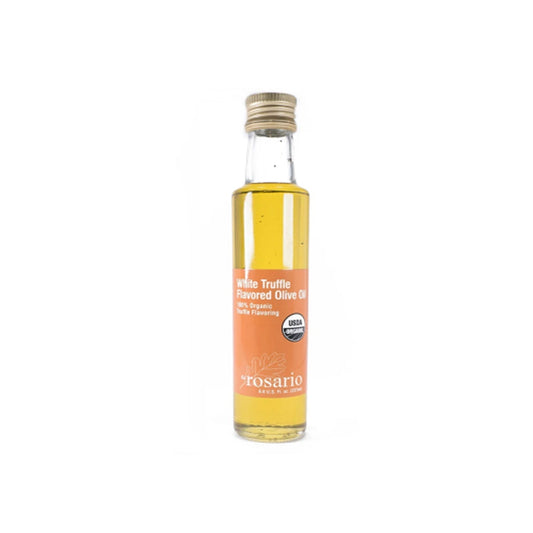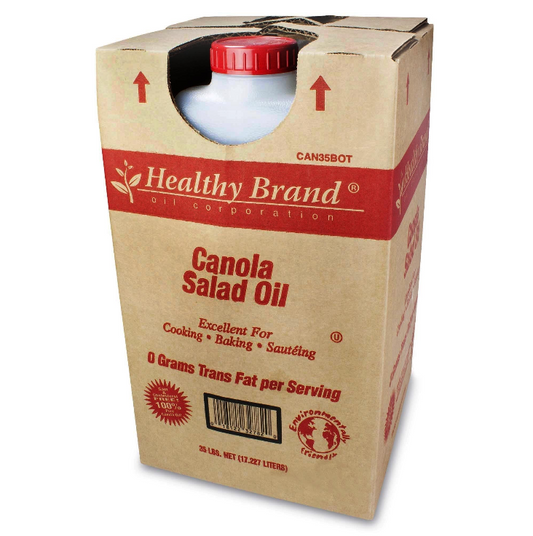-
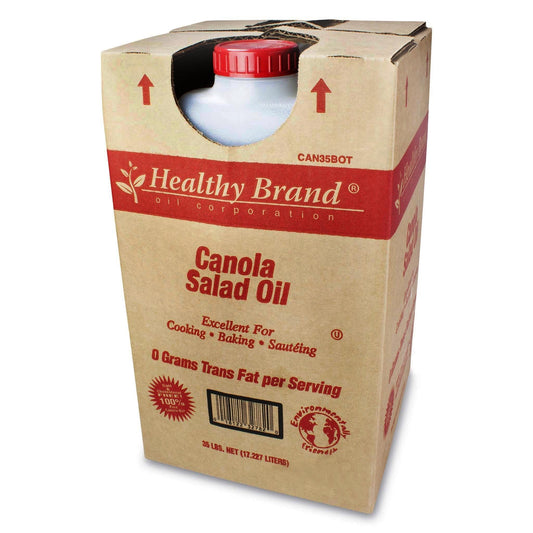 Sold outVendor:Bakers Authority
Sold outVendor:Bakers AuthorityCanola Oil
Regular price $62.67Regular priceUnit price per -
Vendor:Golden Barrel
Pure Coconut Oil (5 Gallon Pail)
Regular price $143.72Regular priceUnit price per -
-
Vendor:Healthy Brand
Soybean Oil
Regular price $54.81Regular priceUnit price per -
Vendor:Admiration
All Natural Blended Peanut Frying Oil 35lb
Regular price $40.24Regular priceUnit price per$0.00Sale price $40.24Sold out -
Vendor:Catania
Sunflower Oil
Regular price $126.32 / Pail (35LB)Regular priceUnit price per/ Pail (35LB)Sale price $126.32 / Pail (35LB) -
Vendor:Healthy Brand
Corn Oil 35lbs
Regular price $91.48Regular priceUnit price per -
Vendor:WHIRL
WHIRL Butter Flavored Vegetable Oil
Regular price $24.16 / Case (3 - 1 Gallon)Regular priceUnit price per/ Case (3 - 1 Gallon)Sale price $24.16 / Case (3 - 1 Gallon) -
Vendor:Nutola
Cottonseed Oil 35lbs SPECIAL ORDER
Regular price $88.45Regular priceUnit price per -
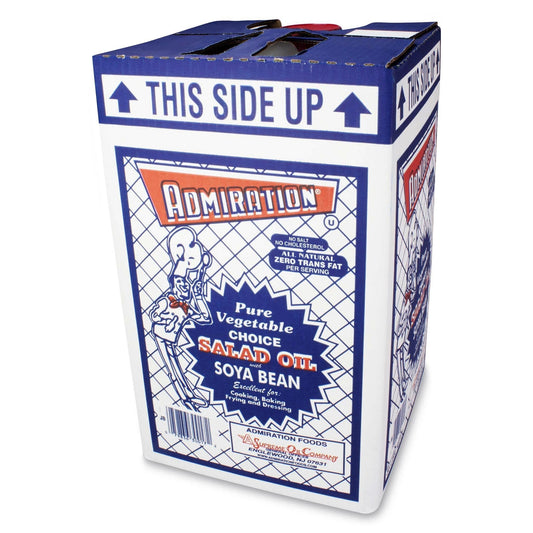 Sold outVendor:Admiration
Sold outVendor:AdmirationSoybean Salad Oil
Regular price $69.02Regular priceUnit price per -
-
Vendor:Healthy Brand
Non-GMO Soybean Oil
Regular price $77.49 / 35 LBRegular priceUnit price per/ 35 LBSale price $77.49 / 35 LB -
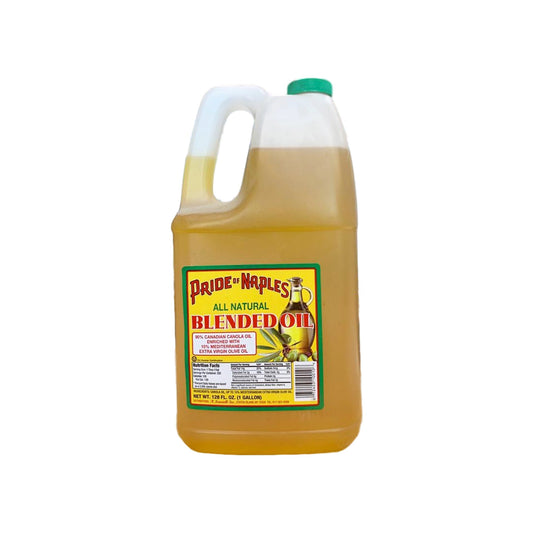 Sold outVendor:Pride of Naples
Sold outVendor:Pride of NaplesBlended Oil 90/10
Regular price $13.87Regular priceUnit price per -
Vendor:Da Rosario Organics
100% Organic Black Truffle HO Sun Oil
Regular price $256.00Regular priceUnit price per -
Vendor:Da Rosario Organics
100% Organic Black Truffle Oil
Regular price $130.00 / 6/8oz glassRegular priceUnit price per/ 6/8oz glassSale price $130.00 / 6/8oz glass -
Vendor:Food Products Corp.
Nutola Kosher Soya Bean Oil
Regular price $63.50Regular priceUnit price per -
Vendor:No Brand
Blended Oil 75/25 CANOLA EX-VIRGIN
Regular price $16.63Regular priceUnit price per -
Vendor:W. A. Cleary Products
White Mineral Oil
Regular price $126.71Regular priceUnit price per -
Vendor:Roland
Roasted Hazelnut Oil
Regular price $12.99Regular priceUnit price per -
Vendor:Da Rosario Organics
100% Organic White Truffle Oil 6/8oz glass
Regular price $150.00Regular priceUnit price per -
Vendor:Da Rosario Organics
100% Organic White Truffle Acacia Honey 5 LB
Regular price $195.99Regular priceUnit price per -
Vendor:No Brand
Classic Canola Oil Tote - 2000 lbs
Regular price $3,346.05Regular priceUnit price per
Frequently Asked Questions
-
What are the best cooking oils for high-heat baking?
- For high-heat baking, oils with a high smoke point like avocado oil, grapeseed oil, and refined coconut oil are recommended. They can withstand higher temperatures without breaking down and compromising flavor.
-
How does the choice of oil affect the flavor of baked goods?
- Oils can impart a subtle flavor to baked items. For instance, coconut oil can add a slight coconut taste, while olive oil can give a fruity or peppery note. Neutral oils like canola or sunflower oil are less likely to influence the flavor.
-
Are there specific oils recommended for vegan baking?
- Yes, many oils are naturally vegan, but it's crucial to select those that can replicate the moisture and texture given by animal fats. Coconut oil, for example, can be a good substitute for butter in many recipes due to its solid-at-room-temperature property.
-
How can I store bulk cooking oils to maintain their quality?
- Store bulk cooking oils in a cool, dark place, preferably in air-tight containers. Avoid exposure to direct sunlight, heat, and air, which can speed up the oxidation process and lead to rancidity.
-
What’s the shelf life of most cooking oils used in baking?
- The shelf life varies. In general, oils rich in polyunsaturated fats like walnut or flaxseed oil have a shorter shelf life, around 3-6 months. Those with monounsaturated fats, such as olive oil, can last up to a year, while saturated fats like coconut oil can last up to 18 months or more if stored properly.
-
Do different cooking oils have varying nutritional profiles?
- Absolutely. For example, olive oil is rich in monounsaturated fats and antioxidants, while flaxseed oil has a high content of omega-3 fatty acids. It's essential to understand each oil's nutritional profile to cater to health-conscious consumers.
-
How do I measure and substitute oils in baking recipes?
- Generally, you can substitute oils 1:1 by volume in baking recipes. However, the texture and flavor might vary, so it's recommended to do a test batch when trying a new oil substitute. Also, remember that oils don't have the same water content as butters or margarines, which can impact moisture levels.
-
Can I blend oils to achieve specific flavors or textures in my baked goods?
- Yes, blending oils can give you a unique flavor profile or help you achieve a particular texture. For instance, combining coconut oil with canola oil can provide the moisture of coconut oil while minimizing its dominant flavor, offering a more balanced taste in the final product.

